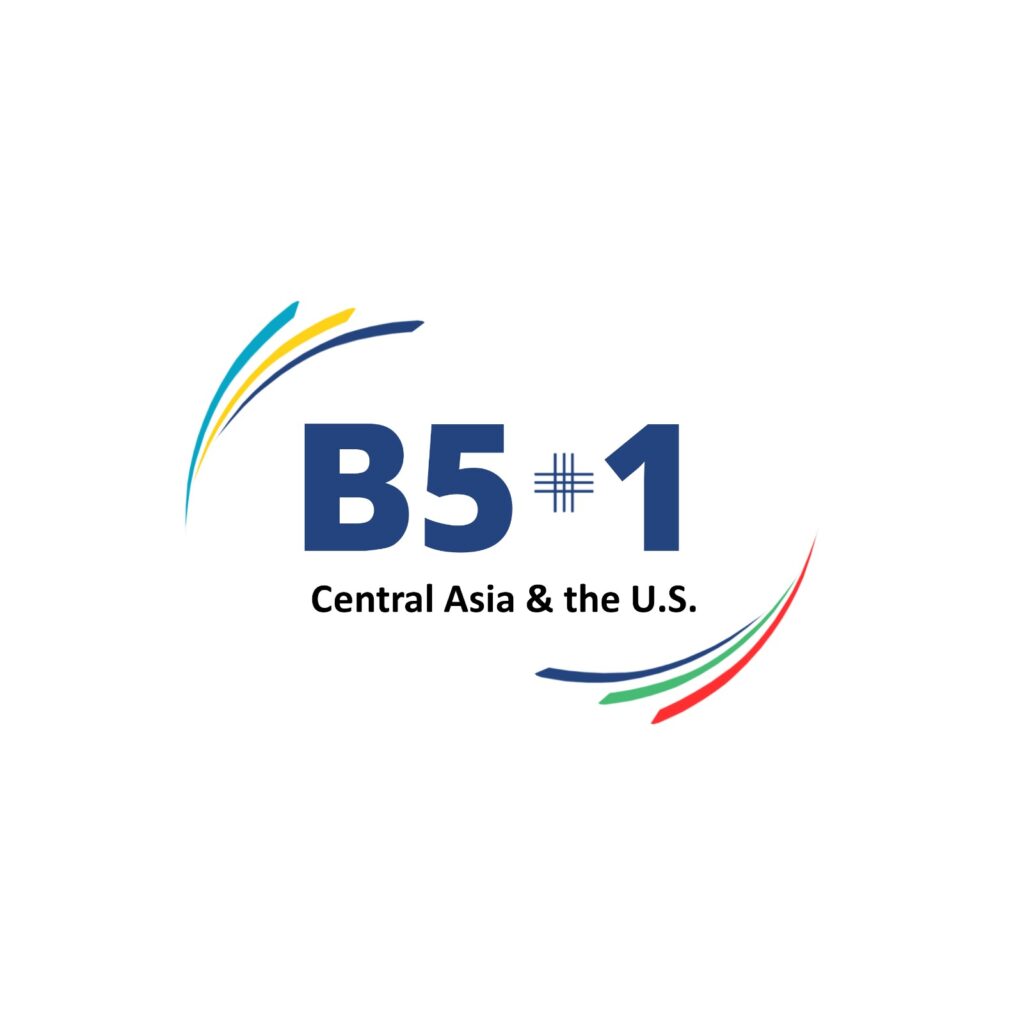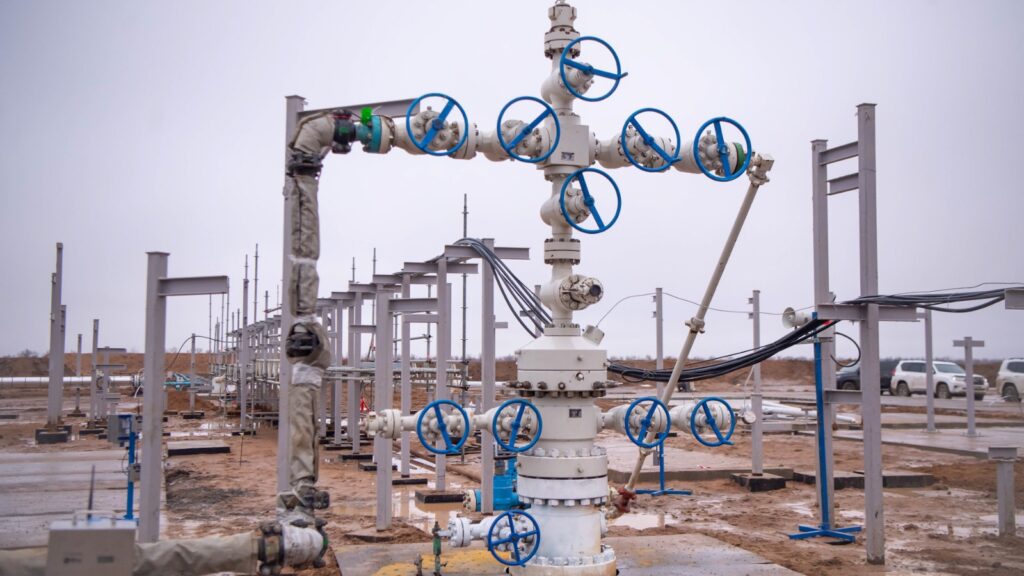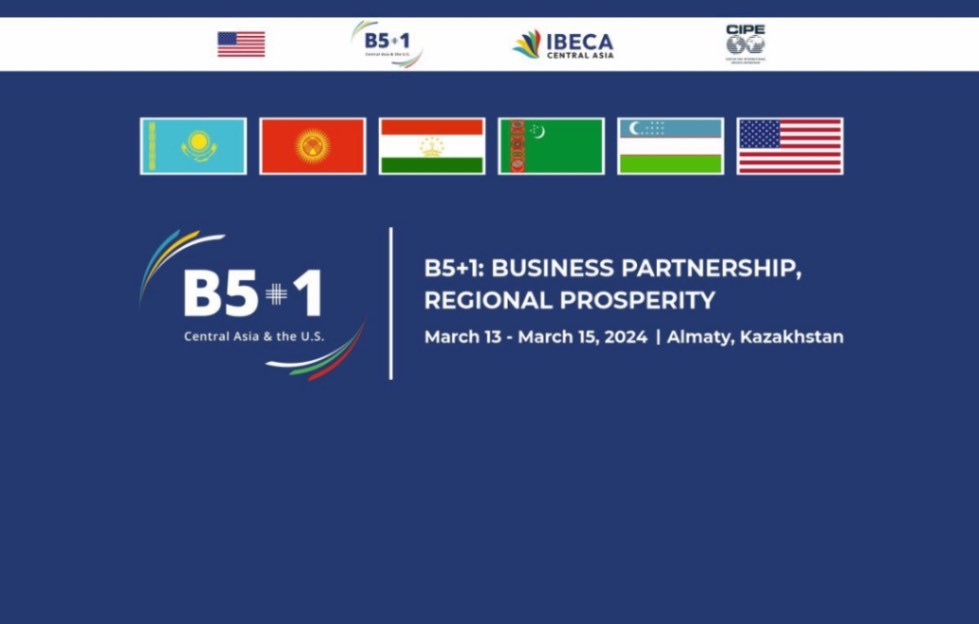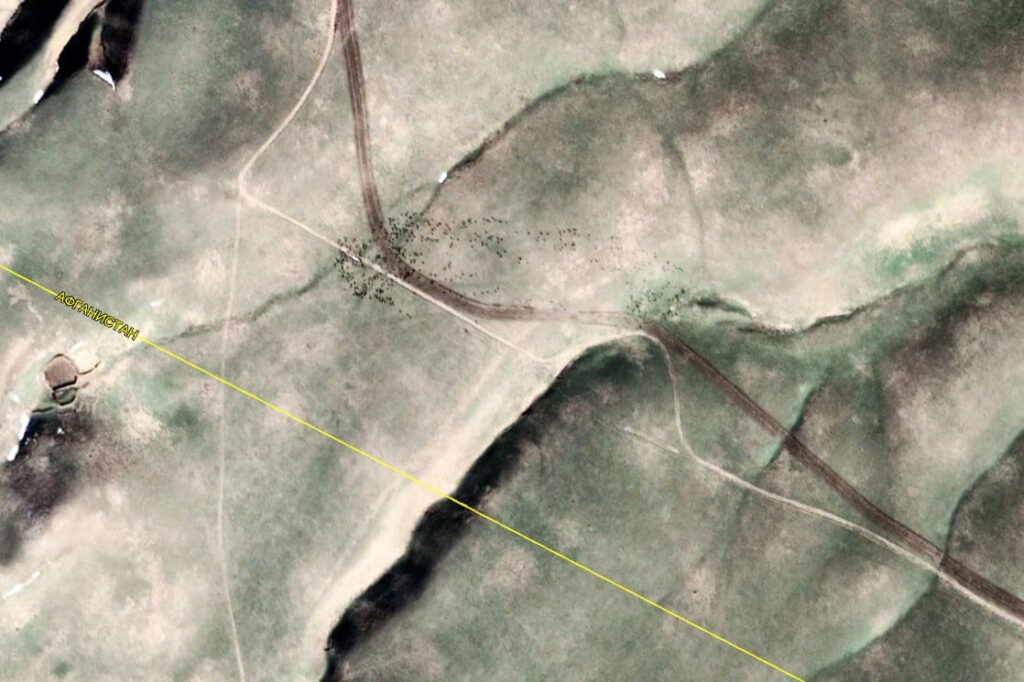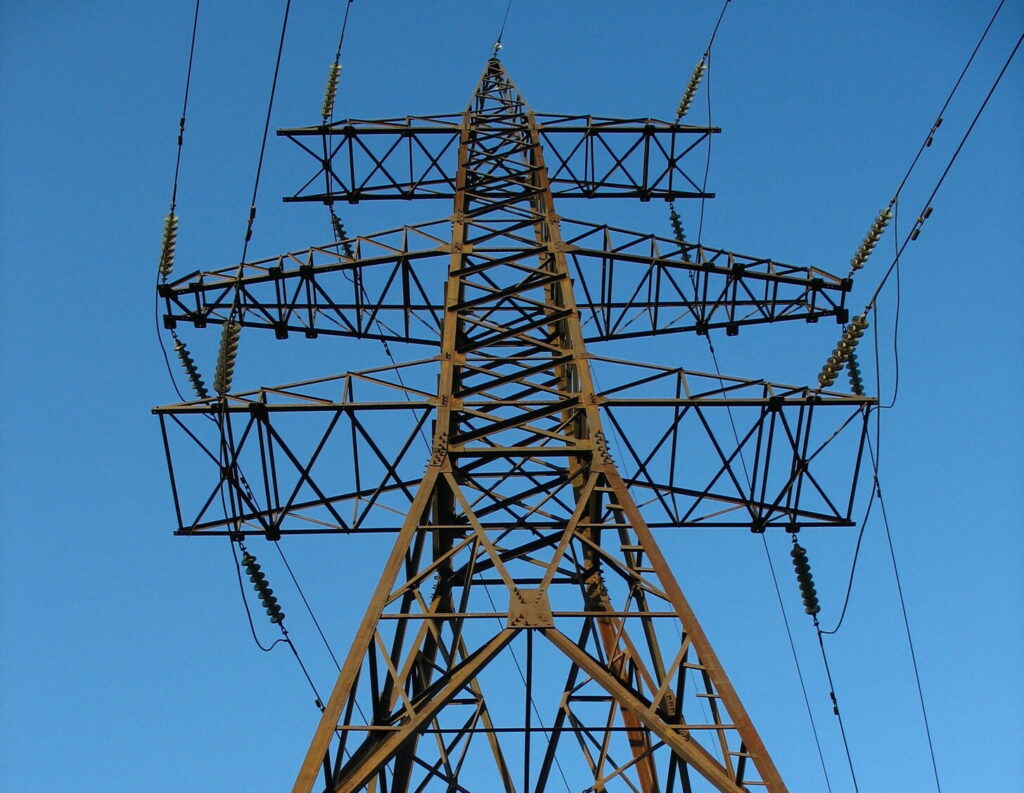CIPE’s Inaugural B5+1 Forum Opens in Almaty
In recent years the countries of Central Asia have taken more confident steps towards working with the United States and Europe, so that both local and international companies and agencies can capitalize on the region’s potential. Instrumental in this process has been the Center for International Private Enterprise (CIPE), which last year created the diplomatic ‘C5+1’ platform – a group comprising the governments of the five Central Asian republics – Kazakhstan, Uzbekistan, Kyrgyzstan, Tajikistan and Turkmenistan – plus the United States, whose State Department has been integral to the development of the platform. Following the first C5+1 Summit in New York in September 2023, led by the presidents of all six countries, CIPE has now created a dedicated business platform for these nations: ‘B5+1’. The inaugural B5+1 Forum will be held in Kazakhstan’s business capital of Almaty this week, and will bring together policy makers from Central Asia, America and other countries, as well as high-profile private companies working in the region. At the C5+1 Summit, presidents Biden, Tokayev, Mirziyoyev, Japarov, Rahmon and Berdimuhamedov had committed to the establishment of B5+1 in order to “accelerate regional cooperation and connectivity [and]… advance efforts to create a more favorable business environment for U.S. private sector trade and investment in Central Asia.” The B5+1 event will be divided into two thematic days: “Looking within Central Asia” on Thursday 14 March, where representatives of the US Department of State, Kazakhstan’s Ministry of National Economy, the Caspian Policy Center and others will present their visions for improving Central Asia’s investment climate and economic integration; and “Central Asia’s place in the world economy” on Friday 15 March, where leaders from the US-Kazakhstan Business Council, the American-Uzbekistan Chamber of Commerce, the European Bank for Reconstruction and Development (EBRD) and others will look outwards, to give an international perspective on how the region can grow its trade and investment volumes. At a time of geopolitical upheaval and disruption of existing supply chains, the Almaty forum will also continue the conversation on enhancing regional connectivity via the Trans-Caspian International Transport Route, also known as the Trans-Caspian Corridor. The B5+1 Forum forms part of CIPE’s program called “Improving the Business Environment in Central Asia” (IBECA). CIPE themselves are affiliated to the US Chamber of Commerce – the catalyst behind the B7 and B20 platforms – and receive funding from the US Department of State. The establishment of B5+1 is closely aligned with commitments made during the September C5+1 Presidential Summit and outlined in a document called the New York Declaration to strengthen their economic relations, and improve the business environment for regional economic integration and investments. The upcoming Forum aims to deliver on two key commitments in the declaration. The Times of Central Asia will be in attendance at the B5+1 Forum on 14-15 March, and will be publishing insight and analysis from the event.
